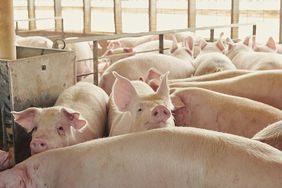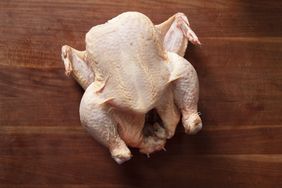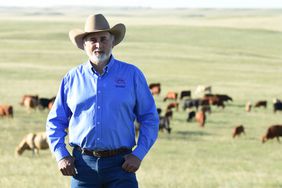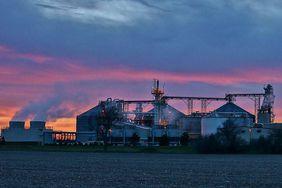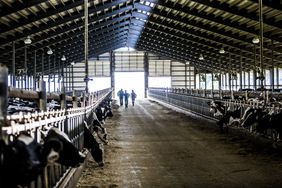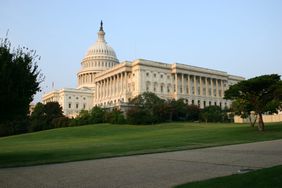:max_bytes(150000):strip_icc()/102055443-99b192133e374b4594bfc3f9d8e061d8.jpg)
The U.S. pork and food service industry recently received an extension to iron out details with Massachusetts officials over implementing the state's Question 3 — an animal welfare regulation that would affect the entire New England pork supply chain.
District Judge Margaret R. Guzman issued an order in response to a joint request by the Massachusetts Attorney General and the plaintiffs, including the National Pork Producers Council (NPPC) and the Restaurant Law Center, an affiliate of the National Restaurant Association, to delay implementation until Aug. 23.
“If Question 3 would go into effect as it is currently written in Massachusetts, restaurants would end up with shortages; there’s not enough farms raising pork the way the state demands,” says Angelo Amador, executive director of the Restaurant Law Center. “This would also impact costs in the supply chain at distribution centers and restaurants. We are trying to save the bacon in your breakfast.”
The “Act to Prevent Cruelty to Farm Animals,” also known as Question 3, was introduced in 2016 as a ballot initiative. The law is equivalent to California's Proposition 12 — which requires breeding sows to be in spaces that give animals freedom to turn around in a complete circle without obstacles, including not touching the side of the enclosure or another sow. Unlike Prop 12, Question 3 doesn't have a minimum 24 square feet of space per sow, Michael Formica, NPPC chief legal strategist.
Massachusetts's regulations implementing the law also restricts the shipment of non-compliant pork between states.
Amador says many of the distribution warehouses in the New England region are in Massachusetts, which would affect the supply chain in neighboring states, including Rhode Island, Connecticut, New Hampshire, and Maine.
Suppose the law goes into effect as written, it will change the way distributors with restaurant clients such as Sysco-Boston, one of the region's largest food service distributors serving Connecticut, Rhode Island, and Maine, route pork products into New England; they could choose to route pork through New York for some locations, which could be more costly for restaurants, says Amador.
Every restaurant is different, but for the average independent, food is the No. 1 cost after labor, especially with inflation. Many restaurants run on a 3%-5% pre-tax margin. In current terms of Question 3, the law would push up the price of pork, forcing restaurateurs to either increase menu prices or change their menus, says Vanessa Sink, spokeswoman for the National Restaurant Association.
"Massachusetts doesn't have the legal authority to tell voters in Maine or other states what kind of pork they can buy," says Formica.
That's what NPPC and the Restaurant Law Center are hoping to negotiate with the office of the Massachusetts Attorney General and other state officials leading up to the Aug. 23 deadline, he adds.
“The Massachusetts Attorney General has worked with us to avoid a disruption and we hope to reach a resolution,” says Amador.
Triumph Foods, a Missouri-based pork processor, has filed a separate lawsuit also in Massachusetts Federal District Court regarding Question 3.
“Discriminatory trade restrictions like Q3 and Prop 12 affect the ability to build resilient, reliable food supply chains across the United States,” said Triumph Foods President and CEO Matt England. “They also hurt many small businesses, employees, consumers, and government-funded agencies. Free and fair interstate commerce is vital for the economic prosperity of our country.”
If pork producers are otherwise Prop 12 compliant but stocked their pens at less than the 24-square-foot minimum that California requires, then the pork they are raising may still comply with Question 3, and their product could be marketed in Massachusetts, according to Formica.
Another big difference between Prop 12 and Question 3, Formica points out, is that the sole enforcement will come from the state.
"If anything, Question 3 is easier because the state of Massachusetts will be enforcing, and that can be less of a risk to retailers," he adds.
However, there are still a lot of unknown effects of the law, like the cost of Question 3 compliant pork on grocery shelves, which will be revealed once it's being used on the farm, says Formica.
"No one knows how the consumer will respond to this," he says. "People vote one way on a ballot but speak louder with their wallets."
